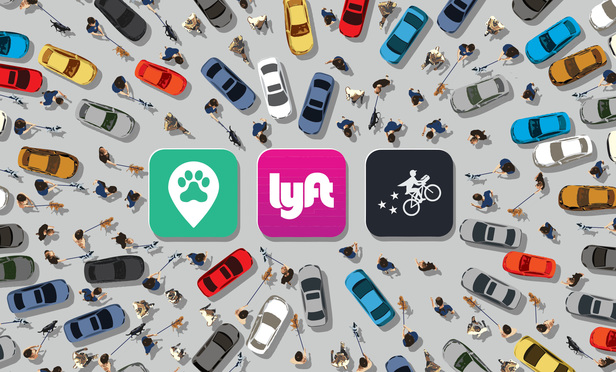Drivers hailed by apps. Housecleaners and dog walkers solicited online. Runners who bring food to your doorstep. Cities across the country have seen a surge in workers who set their own schedules and don’t answer to any boss.
As more people flock to opportunities in the gig economy and more companies press into this space, it’s become increasingly apparent that novel workplace schemes don’t fit into the existing labor structure that balances power between employers and their workers. Business models for most on-demand companies are built on the backs of independent contractors rather than employees, revealing a blurry line with wide consequences.
This content has been archived. It is available through our partners, LexisNexis® and Bloomberg Law.
To view this content, please continue to their sites.
Not a Lexis Subscriber?
Subscribe Now
Not a Bloomberg Law Subscriber?
Subscribe Now
LexisNexis® and Bloomberg Law are third party online distributors of the broad collection of current and archived versions of ALM's legal news publications. LexisNexis® and Bloomberg Law customers are able to access and use ALM's content, including content from the National Law Journal, The American Lawyer, Legaltech News, The New York Law Journal, and Corporate Counsel, as well as other sources of legal information.
For questions call 1-877-256-2472 or contact us at [email protected]





